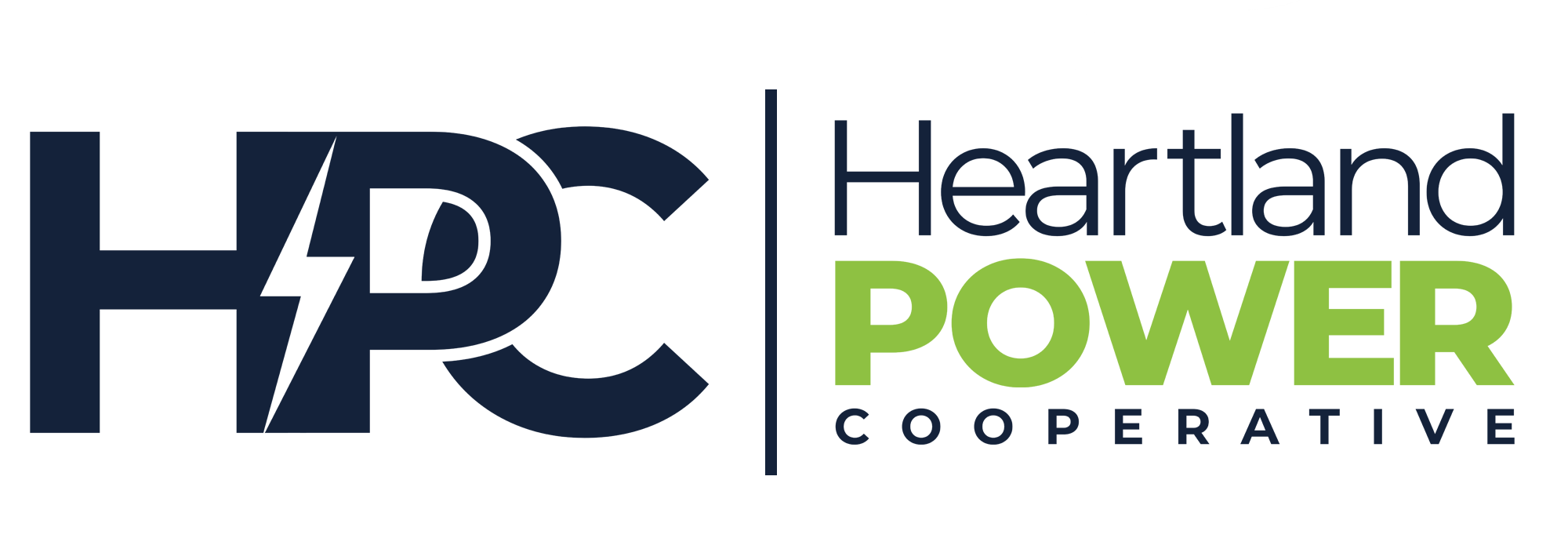As a member of Heartland Power Cooperative, you have certain advantages. The biggest advantage is the right to vote. Each member, as an owner of their electric cooperative, has one and only one vote by which bylaws are made and directors are seated. Members elect a board of directors from the membership at the cooperative annual meeting. The eight seated directors serve as trustees of the cooperative. The board sets the policy in regard to electric rates, expenditures and the operation of the cooperative.
The board of directors hires a general manager, who in turn hires other employees to run the day-to-day operation of the business. Because the directors are members of the cooperative themselves, they live with the rates and policy that they set. These decisions are made in the best interest of the cooperative.
Cooperative employees also play another important role other than that of their daily jobs at the cooperative - they are also local leaders. We call this unique characteristic that has been part of the cooperative history from day one - "the power of human connection." Because this important trait separates us from other utilities, we recently termed this member connection Touchstone - meaning important to the touch. So don't be surprised that the local fire chief, scout leader, booster club president, church director, development member, or city council member, etc., is also an employee of Heartland Power Cooperative.
Cooperatives operate under laws, regulations, and rules as other businesses do and they are incorporated as other businesses are. Cooperatives are different in the aspect that any profits or margins are returned to the customers who also own the business.
Heartland Power Cooperative is operated as a non-profit company. This means that all money left over after the cost of providing electric service is returned to the members in the form of capital credits. The capital credit program invests the margin in facilities to provide continued electric service until they are refunded to you, the members, as financial conditions permit.
All of the cooperative's allocations or margins are based on the member's purchases or electric sales from the cooperative on an annual basis.
With the membership receiving electricity at the cost of service, receiving equal ownership, and having direct input into the decision making process of the company - cooperatives are the most democratic form of free enterprise in the country.
